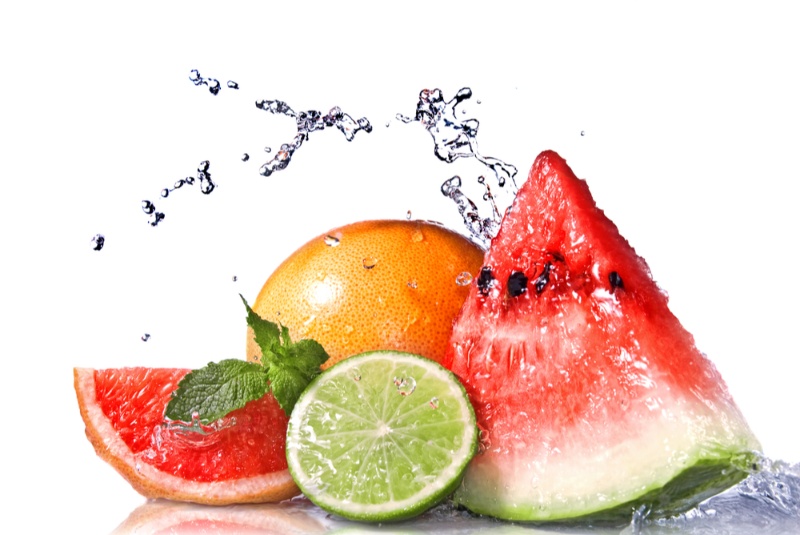A prevailing trend amongst athletes worldwide is the adoption of a plant-based diet. It’s no longer an exclusive habit of endurance runners or yoga enthusiasts. Now, professionals in high-intensity sports, like basketball, football, and weightlifting, also advocate the benefits of plant-based nutrition. This shift in dietary preferences is not without substantial scientific backing, and several advantages help athletes push their boundaries.
Enhanced Recovery and Reduced Inflammation
Post-workout recovery is an essential aspect of an athlete’s routine, and this is where a plant-based diet shines. Many plant-based foods are high in antioxidants and phytonutrients, which can help reduce inflammation, speed up recovery times, and enhance overall performance. Foods such as berries, spinach, and nuts contain anti-inflammatory compounds that mitigate oxidative stress, often a result of intense physical activity.
Improved Cardiovascular Health
Plant-based diets are inherently low in saturated fats and cholesterol, commonly associated with better heart health. Athletes on a plant-based diet may experience improved blood flow and a lower risk of developing heart diseases. This boost in cardiovascular health can translate into better stamina and endurance, particularly crucial for long-duration sports.
Maintaining Healthy Weight and Body Composition
Many athletes turn to plant-based diets to help maintain a healthy weight and improve body composition. Plants are typically high in fiber and low in calories, contributing to a sense of fullness and promoting healthier eating patterns. This aspect is beneficial for weight-class athletes and those who need to stay lean for performance.

Sustainability and Longevity in Sport
There’s an increasing consciousness about the impact of our dietary choices on the environment. Adopting a plant-based diet could significantly reduce an athlete’s carbon footprint. Additionally, the health benefits associated with plant-based eating could lead to a longer athletic career by reducing the risk of chronic diseases, promoting recovery, and ensuring sustainable weight management.
Adequate Protein Intake
One major concern athletes might have about plant-based diets is getting enough protein. Contrary to popular belief, it’s entirely possible to meet protein needs through plants. Foods such as lentils, chickpeas, tofu, quinoa, and tempeh are excellent protein sources. Additionally, several plant-based protein supplements are available in the market for those who need extra support.
Improved Gut Health
The high fiber content of plant-based diets supports gut health, which plays a critical role in overall health and immunity. A healthy gut microbiome can enhance nutrient absorption, boost the immune system, and even improve mood and mental health, making it a winning factor for athletes.
Although the shift to a plant-based diet has many benefits, it’s crucial to carefully plan to meet all nutritional requirements. Athletes must ensure they’re getting adequate calories, protein, iron, calcium, and vitamin B12. Professional guidance from a dietitian can be beneficial to navigate this transition smoothly and ensure a balanced, nutrient-dense diet.
While it may seem daunting initially, the science-backed benefits and the plethora of plant-based resources available today make it easier than ever for athletes to embrace this lifestyle. It’s an exciting prospect, a step towards a more sustainable world, and a chance to discover the incredible power of plants for athletic performance. Whether for environmental reasons, health benefits, or ethical considerations, it’s worth considering a plant-based diet in an athlete’s nutritional regime. After all, in the world of sports, every advantage counts.




